有道无术,术尚可求,有术无道,止于术。
文章目录
- 前言
- AmqpTemplate
- API
- send
- convertAndSend
- receive
- receiveAndConvert
- receiveAndReply
- sendAndReceive
- convertSendAndReceive
前言
RabbitTemplate 是spring-amqp提供的一个 RabbitMQ 消息操作模板类,在之前我们使用它完成了简单的消息发送。
RabbitTemplate 主要提供了发送消息、接收消息以及其他附加功能,内部封装了RabbitMQ原生API,大大简化了使用 RabbitMQ操作。
RabbitTemplate 主要实现了AmqpTemplate和RabbitOperations接口:

AmqpTemplate
AmqpTemplate接口主要声明了三类方法:
public interface AmqpTemplate {
// 发送消息
void send(Message var1) throws AmqpException;
// 接收消息
Message receive() throws AmqpException;
// 发送消息并接收回复
Message sendAndReceive(Message var1) throws AmqpException;
}
API
首先,我们看下AmqpTemplate中声明的各种方法。
send
send 方法一共有三个,需要创建Message消息对象,将消息封装到该对象内发送,如果没有指定交换机、路由键,将使用默认值,也就是空字符串。
// 发送消息到默认交换机、默认路由KEY
void send(Message message) throws AmqpException;
// 发送消息到默认交换机、使用指定路由KEY
void send(String routingKey, Message message) throws AmqpException;
// 发送消息到指定交换机、使用指定路由KEY
void send(String exchange, String routingKey, Message message) throws AmqpException;
示例:
Message message = new Message("消息".getBytes());
rabbitTemplate.send(message);
rabbitTemplate.send("route.key", message);
rabbitTemplate.send("exchange_name", "route.key", message);
convertAndSend
convertAndSend 方法可以转换对象并发送,并可以添加一个消息处理器MessagePostProcessor 。
// 将Java对象转换为Amqp{@link Message}并将其发送到默认交换机、使用默认路由KEY
void convertAndSend(Object message) throws AmqpException;
// 将Java对象转换为Amqp{@link Message}并将其发送到默认交换机、使用自定义路由KEY
void convertAndSend(String routingKey, Object message) throws AmqpException;
// 将Java对象转换为Amqp{@link Message}并将其发送到自定义交换机、使用自定义路由KEY
void convertAndSend(String exchange, String routingKey, Object message) throws AmqpException;
// 将Java对象转换为Amqp{@link Message}并将其发送到自定义交换机、使用自定义路由KEY
// 在发送消息之前添加一个消息处理器MessagePostProcessor
void convertAndSend(Object message, MessagePostProcessor messagePostProcessor) throws AmqpException;
// 将Java对象转换为Amqp{@link Message}并将其发送到默认交换机、使用自定义路由KEY
// 在发送消息之前添加一个消息处理器MessagePostProcessor
void convertAndSend(String routingKey, Object message, MessagePostProcessor messagePostProcessor)
throws AmqpException;
// 将Java对象转换为Amqp{@link Message}并将其发送到自定义交换机、使用自定义路由KEY
// 在发送消息之前添加一个消息处理器MessagePostProcessor
void convertAndSend(String exchange, String routingKey, Object message, MessagePostProcessor messagePostProcessor)
throws AmqpException;
MessagePostProcessor 是一个函数型接口,提供了一个postProcessMessage方法处理消息,由于直接发送的是对象,如果需要设置一些消息的属性,就需要使用该接口进行设置,例如:
MessagePostProcessor messagePostProcessor = message1 -> {
MessageProperties messageProperties = message1.getMessageProperties();
messageProperties.setExpiration("1000");
return message1;
};
rabbitTemplate.convertAndSend("","","消息",messagePostProcessor);
receive
一般获取消息有两种处理模式:
- push:由
RabbitMQ主动将消息推送给订阅队列的消费者,调用channel.basicConsume方法。 - pull:主动从指定队列中拉取消息,需要消费者调用
channel.basicGet方法。
receive 方法,就是从主动队列中获取消息。
// 如果默认队列中有消息,则接收消息。立即返回,可能有NULL值
@Nullable
Message receive() throws AmqpException;
// 从指定队列中获取消息。立即返回,可能有NULL值
@Nullable
Message receive(String queueName) throws AmqpException;
// 如果默认队列中有消息,则接收消息。可能有NULL值,并指定一个超时时间
@Nullable
Message receive(long timeoutMillis) throws AmqpException;
// 从指定队列中获取消息。可能有NULL值,并指定一个超时时间
@Nullable
Message receive(String queueName, long timeoutMillis) throws AmqpException;
receiveAndConvert
receiveAndConvert可以拉取消息并进行对象转换。
// 如果默认队列中有消息,则接收消息并将其转换为Java对象。立即返回,可能为null 值。
@Nullable
Object receiveAndConvert() throws AmqpException;
// 从指定队列中接收消息并将其转换为Java对象。立即返回,可能为null 值。
@Nullable
Object receiveAndConvert(String queueName) throws AmqpException;
// 如果默认队列中有消息,则接收消息并将其转换为Java对象。立即返回,可能有NULL值,并指定一个超时时间
@Nullable
Object receiveAndConvert(long timeoutMillis) throws AmqpException;
// 从指定队列中接收消息并将其转换为Java对象,并指定一个超时时间,可能为null 值。
@Nullable
Object receiveAndConvert(String queueName, long timeoutMillis) throws AmqpException;
// 如果默认队列中有消息,则接收消息并将其转换为Java对象。立即返回,可能为null 值。并可以添加一个消息转换器SmartMessageConverter。
@Nullable
<T> T receiveAndConvert(ParameterizedTypeReference<T> type) throws AmqpException;
// 从指定队列中接收消息并将其转换为Java对象。立即返回,可能为null 值。并可以添加一个消息转换器SmartMessageConverter。
@Nullable
<T> T receiveAndConvert(String queueName, ParameterizedTypeReference<T> type) throws AmqpException;
// 如果默认队列中有消息,则接收消息并将其转换为Java对象。可能有NULL值,并指定一个超时时间及消息转换器SmartMessageConverter。
@Nullable
<T> T receiveAndConvert(long timeoutMillis, ParameterizedTypeReference<T> type) throws AmqpException;
// 从指定队列中接收消息并将其转换为Java对象。可能为null 值。并指定一个超时时间及消息转换器SmartMessageConverter。
@Nullable
<T> T receiveAndConvert(String queueName, long timeoutMillis, ParameterizedTypeReference<T> type)
throws AmqpException;
示例:
// 接收消息,队列存在是,会报错;队列中没有消息,返回NULL
Message bootQueue1= rabbitTemplate.receive("bizQueue");
Message bootQueue2 = rabbitTemplate.receive("bizQueue",1000);
Message bootQueue3= rabbitTemplate.receive("backupQueue");
使用消息转换器,可以直接发送、接收对象:
// User 需要实现Serializable
User user = new User();
user.setName("张三");
rabbitTemplate.setMessageConverter(new Jackson2JsonMessageConverter());
rabbitTemplate.convertAndSend(MqBizConfig.BIZ_EXCHANGE,MqBizConfig.BIZ_ROUTE_KEY,user);
User receiveUser = rabbitTemplate.receiveAndConvert("bizQueue", new ParameterizedTypeReference<User>() {});
receiveAndReply
receiveAndReply支持在获取消息时传入一个回调函数ReceiveAndReplyCallback,处理接收到消息和回复消息的业务逻辑。
receiveAndReply应用于RPC模式Server端,Server收到消息,并回复消息给客户端:

该模式用的比较少,实现起来也比较麻烦,这里就不演示了。
// 收到消息并回复,R:接收到的消息 S: 返回的消息
<R, S> boolean receiveAndReply(ReceiveAndReplyCallback<R, S> callback) throws AmqpException;
<R, S> boolean receiveAndReply(String queueName, ReceiveAndReplyCallback<R, S> callback) throws AmqpException;
<R, S> boolean receiveAndReply(ReceiveAndReplyCallback<R, S> callback, String replyExchange, String replyRoutingKey)
throws AmqpException;
<R, S> boolean receiveAndReply(String queueName, ReceiveAndReplyCallback<R, S> callback, String replyExchange,
String replyRoutingKey) throws AmqpException;
<R, S> boolean receiveAndReply(ReceiveAndReplyCallback<R, S> callback,
ReplyToAddressCallback<S> replyToAddressCallback) throws AmqpException;
<R, S> boolean receiveAndReply(String queueName, ReceiveAndReplyCallback<R, S> callback,
ReplyToAddressCallback<S> replyToAddressCallback) throws AmqpException;
sendAndReceive
sendAndReceive也属于RPC模式,发送消息并接收回复消息,属于Client端。
@Nullable
Message sendAndReceive(Message message) throws AmqpException;
@Nullable
Message sendAndReceive(String routingKey, Message message) throws AmqpException;
@Nullable
Message sendAndReceive(String exchange, String routingKey, Message message) throws AmqpException;
convertSendAndReceive
convertSendAndReceive以及convertSendAndReceiveAsType是对sendAndReceive的扩展,可以直接发送对象消息,并可以设置类型转换器:
@Nullable
Object convertSendAndReceive(Object message) throws AmqpException;
@Nullable
Object convertSendAndReceive(String routingKey, Object message) throws AmqpException;
@Nullable
Object convertSendAndReceive(String exchange, String routingKey, Object message) throws AmqpException;
@Nullable
Object convertSendAndReceive(Object message, MessagePostProcessor messagePostProcessor) throws AmqpException;
@Nullable
Object convertSendAndReceive(String routingKey, Object message, MessagePostProcessor messagePostProcessor)
throws AmqpException;
@Nullable
Object convertSendAndReceive(String exchange, String routingKey, Object message,
MessagePostProcessor messagePostProcessor) throws AmqpException;
@Nullable
<T> T convertSendAndReceiveAsType(Object message, ParameterizedTypeReference<T> responseType)
throws AmqpException;
@Nullable
<T> T convertSendAndReceiveAsType(String routingKey, Object message,
ParameterizedTypeReference<T> responseType) throws AmqpException;
@Nullable
<T> T convertSendAndReceiveAsType(String exchange, String routingKey, Object message,
ParameterizedTypeReference<T> responseType) throws AmqpException;
@Nullable
<T> T convertSendAndReceiveAsType(Object message, MessagePostProcessor messagePostProcessor,
ParameterizedTypeReference<T> responseType) throws AmqpException;
@Nullable
<T> T convertSendAndReceiveAsType(String routingKey, Object message,
MessagePostProcessor messagePostProcessor, ParameterizedTypeReference<T> responseType)
throws AmqpException;
@Nullable
<T> T convertSendAndReceiveAsType(String exchange, String routingKey, Object message,
MessagePostProcessor messagePostProcessor, ParameterizedTypeReference<T> responseType)
throws AmqpException;
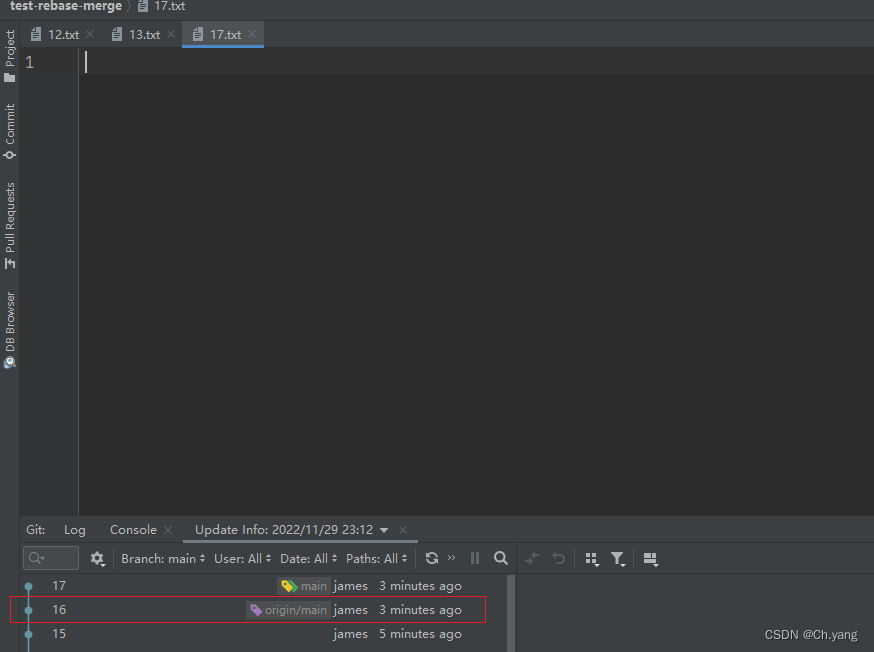
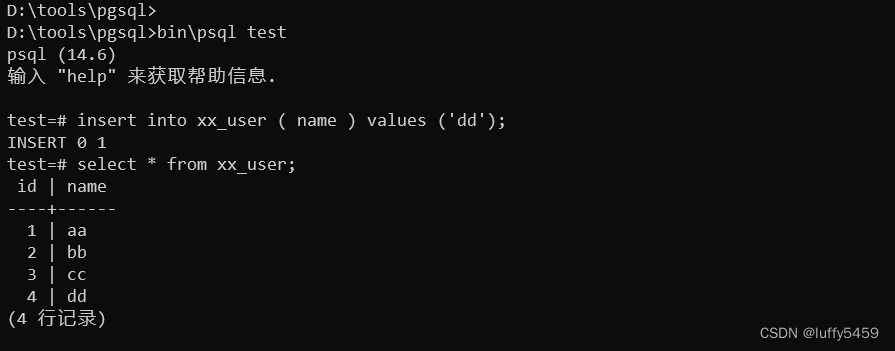


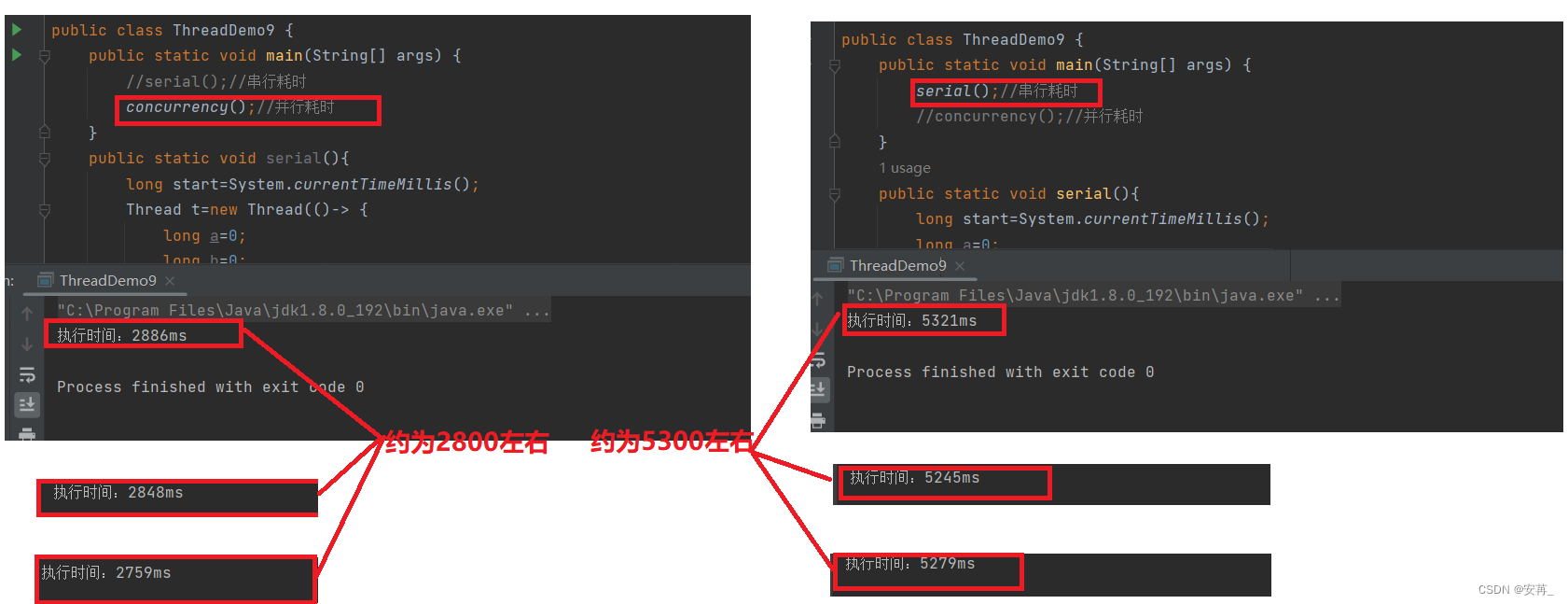






![[附源码]计算机毕业设计springboot个人博客系统](https://img-blog.csdnimg.cn/61bb191cf9bf43e3bdf18feb2ceee39c.png)
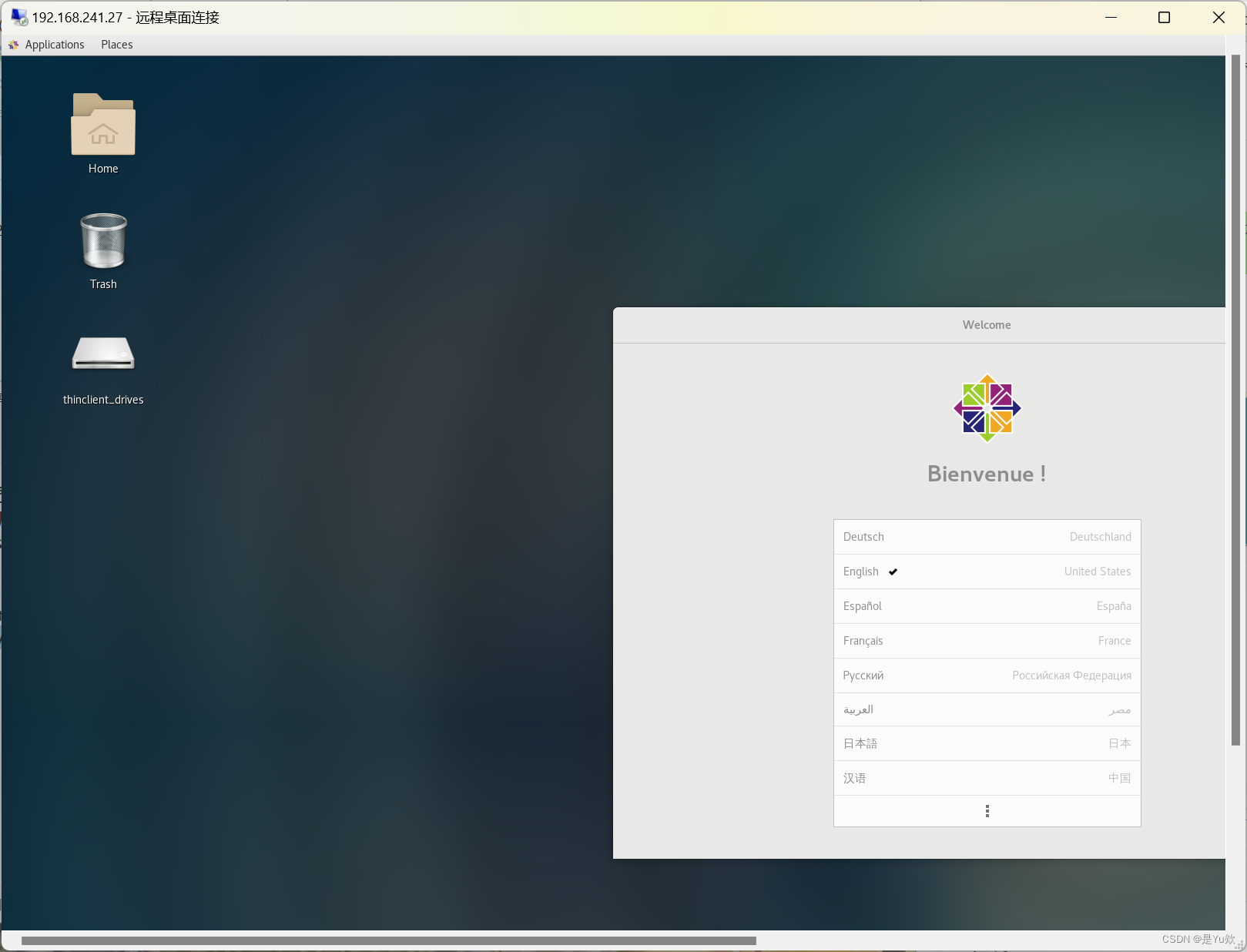
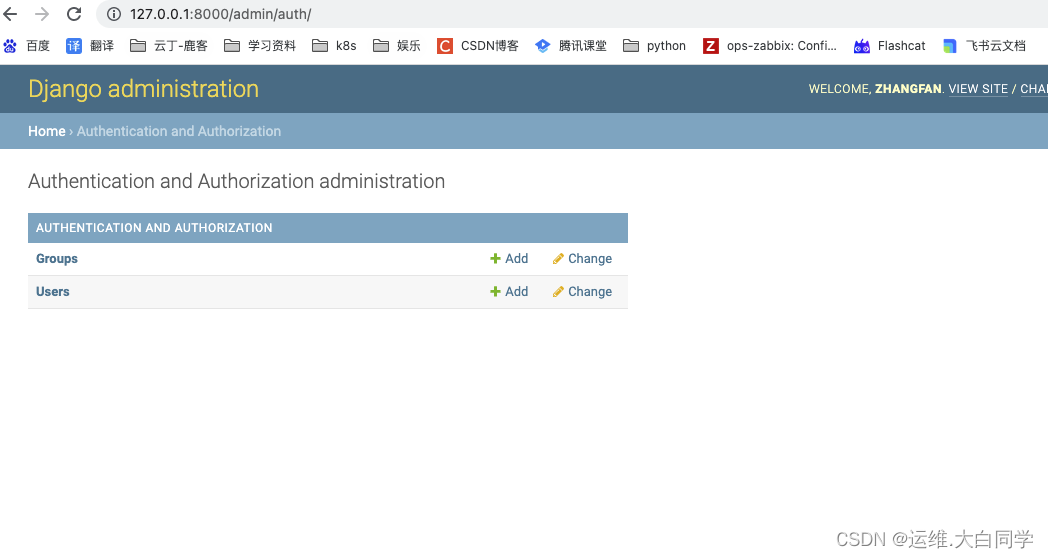

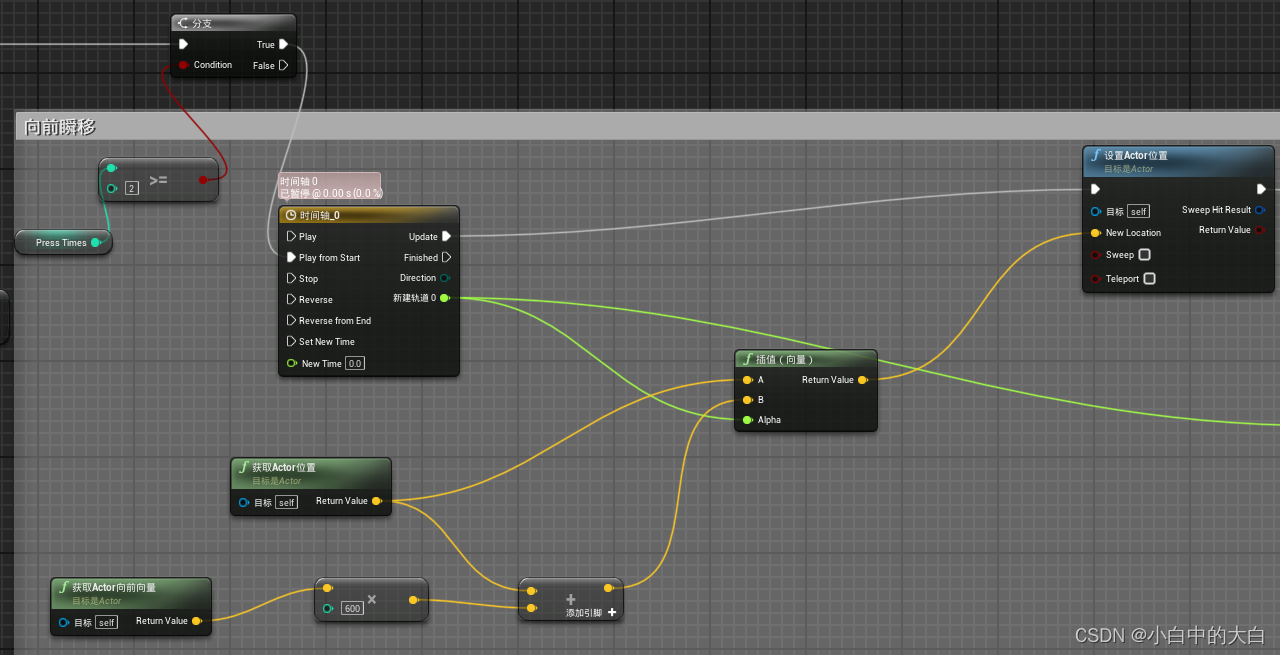

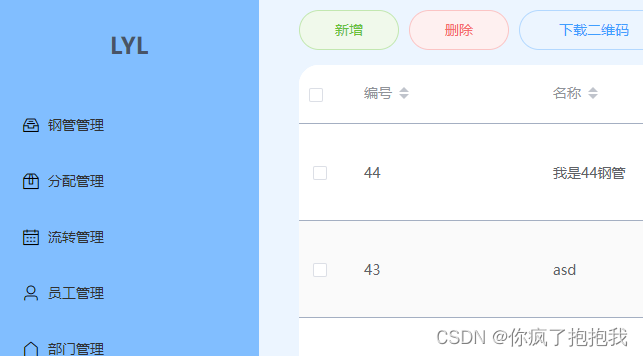
![[附源码]计算机毕业设计springboot基于JAVA技术的旅游信息交互系统](https://img-blog.csdnimg.cn/409429e0d43c4b528dcfe2e94e2f72db.png)
![[附源码]Python计算机毕业设计SSM泸定中学宿舍管理系统设计(程序+LW)](https://img-blog.csdnimg.cn/d60cc60fe7a94fbcb5f631dc3e1e9bb5.png)